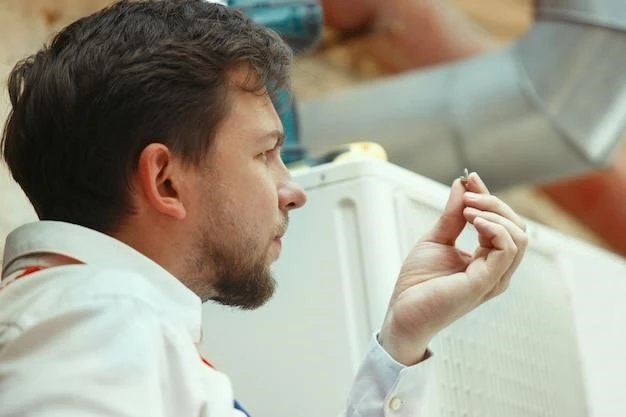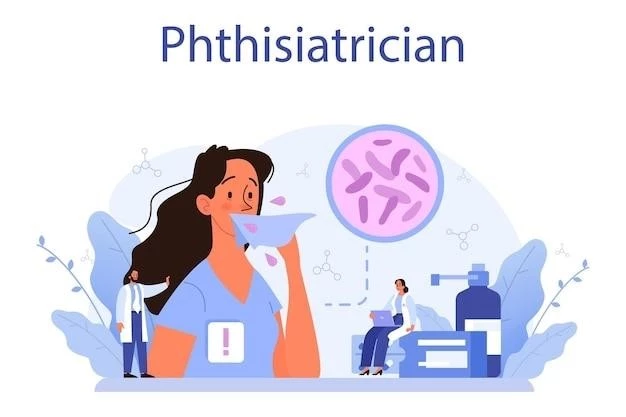Plan⁚ Understanding Chorea Acanthocytosis
Managing Chorea Acanthocytosis Symptoms
Causes of Chorea Acanthocytosis
Chorea Acanthocytosis is primarily caused by mutations in the VPS13A gene, which provides instructions for making a protein involved in the structure and function of cells․ These mutations lead to the production of an abnormal protein that affects the shape and stability of red blood cells, resulting in the characteristic spiky or thorny appearance known as acanthocytosis․ The exact mechanism by which these changes contribute to the development of chorea (involuntary movements) and other symptoms associated with the condition is still under investigation․
Symptoms of Chorea Acanthocytosis
Individuals with Chorea Acanthocytosis may experience a range of symptoms, including involuntary movements (chorea), muscle weakness, difficulty with coordination, speech abnormalities, psychiatric manifestations such as mood changes or behavioral issues, and cognitive decline․ A characteristic feature of this condition is the presence of acanthocytes in the blood, which are red blood cells with abnormal shapes․ These symptoms can vary in severity and progression among affected individuals, leading to significant challenges in daily functioning and quality of life․
Diagnosis and Treatment of Chorea Acanthocytosis
Diagnosis of Chorea Acanthocytosis often involves a combination of clinical evaluation, laboratory tests to assess the presence of acanthocytes, neuroimaging studies, and genetic testing to identify mutations in the VPS13A gene․ Given the progressive nature of the condition and its impact on various aspects of health, a multidisciplinary approach is essential for managing Chorea Acanthocytosis․ Treatment typically focuses on symptom management and supportive care to address specific manifestations such as chorea, psychiatric symptoms, and motor dysfunction․ Physical therapy and speech therapy can also play a crucial role in improving quality of life and maintaining functionality․
Research on Chorea Acanthocytosis
Ongoing research on Chorea Acanthocytosis aims to deepen our understanding of the underlying disease mechanisms, improve diagnostic approaches, and explore potential therapeutic targets․ Studies are investigating the molecular pathways involved in the development of acanthocytosis, the impact of VPS13A mutations on cell function, and the neurological changes associated with chorea and other symptoms․ Additionally, research efforts focus on developing novel treatment strategies, including potential gene therapies or targeted interventions to address specific aspects of the condition․ Collaborative research initiatives involving clinicians, geneticists, and neuroscientists play a crucial role in advancing knowledge and enhancing patient care․
Genetic Basis of Chorea Acanthocytosis
Chorea Acanthocytosis is associated with mutations in the VPS13A gene٫ which encodes a protein crucial for normal cell structure and function․ These genetic alterations lead to the formation of an abnormal protein that disrupts the stability and integrity of red blood cells٫ resulting in acanthocytosis․ The inheritance pattern of Chorea Acanthocytosis is autosomal recessive٫ meaning that individuals must inherit two copies of the mutated gene (one from each parent) to develop the condition․ Understanding the genetic basis of Chorea Acanthocytosis is essential for accurate diagnosis٫ genetic counseling٫ and potential future targeted therapies aimed at correcting the underlying genetic defect․

Impact of Chorea Acanthocytosis on Quality of Life
Chorea Acanthocytosis can have a profound impact on the quality of life of affected individuals․ The combination of motor abnormalities, cognitive decline, speech difficulties, and psychiatric symptoms can result in challenges with daily activities, communication, and social interactions․ The progressive nature of the condition often leads to increased dependency on caregivers and limitations in mobility․ Furthermore, the emotional burden of coping with a rare neurological disorder, coupled with the unpredictability of symptoms, can contribute to psychological distress and decreased well-being․ Comprehensive support services, including access to specialized healthcare providers, physical and occupational therapy, and psychological support, are crucial for addressing the multifaceted impact of Chorea Acanthocytosis on the quality of life of both patients and their families․
Chorea Acanthocytosis in Children
Chorea Acanthocytosis in children presents unique challenges due to its impact on neurodevelopment and daily functioning․ Early onset of symptoms can interfere with motor skills acquisition, speech development, and cognitive abilities, potentially affecting academic performance and social interactions․ Diagnosing Chorea Acanthocytosis in children requires a comprehensive evaluation involving pediatric specialists, genetic testing, and monitoring of symptom progression․ Treatment approaches in pediatric cases often focus on symptom management, supportive care, and specialized interventions to address developmental delays․ Multidisciplinary care teams consisting of pediatric neurologists, rehabilitation specialists, and educational support services play a vital role in providing holistic care and maximizing the well-being of children with Chorea Acanthocytosis․
